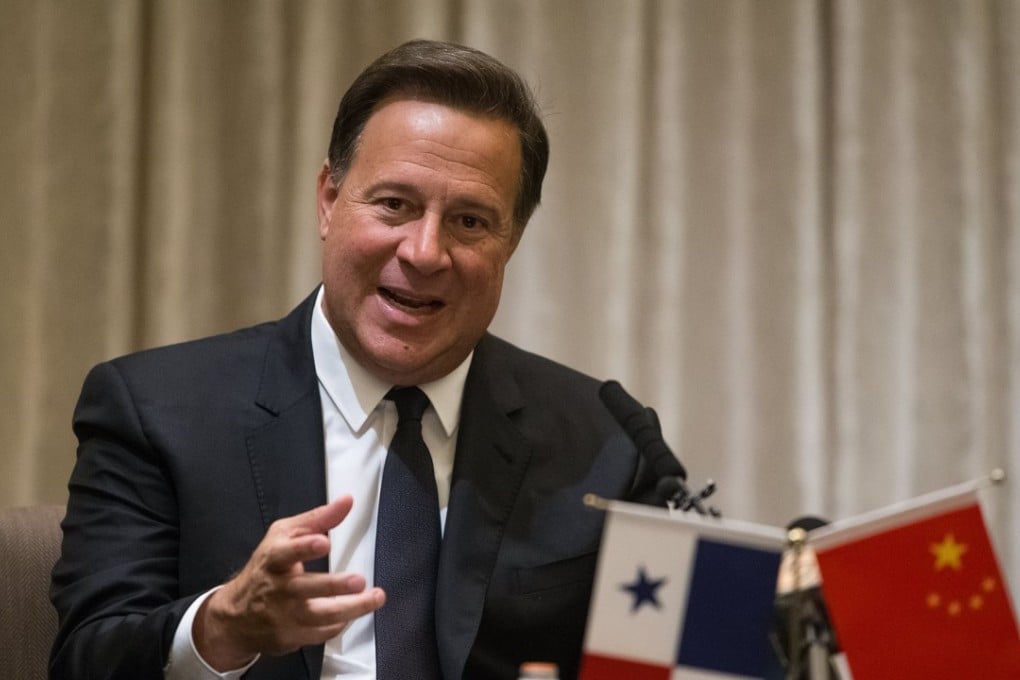Panama pact to signal surge in investment
With the normalisation in relations, Chinese companies will now be looking to extend their activities deep into Latin America – right in the US backyard

The Vatican may be considered more important, but Panama is arguably the most strategic prize in Beijing’s quest to isolate Taiwan diplomatically, not to mention extending its influence in America’s backyard. Normalisation of relations was inevitable, given that Chinese shipping is the second biggest client of Panama’s lifeblood asset – the canal between the Atlantic and Pacific oceans. That made it easier to recognise the one-China principle and sever relations with Taipei.
But what really sets Panama apart is its historical importance, given its role in global trade, US prosperity and its national security. The United States is therefore very sensitive to Panama’s relations with China. That is why President Juan Carlos Varela, in Beijing for a week with the establishment of the Panamanian embassy, went out of his way to strike a balance.
On the one hand he said Panama’s decision to support the one-China policy would strengthen that consensus among other countries in the region and serve as a model for them to follow – a reference to neighbours El Salvador, Honduras and Nicaragua, among others who remain in the Taiwan camp. That would have pleased his hosts. But at the same time he played to the US, making it clear that developing closer relations with China would not conflict with Panama’s historic ties and common interests with Washington.
These extend far beyond the canal, to helping fight the illegal drug trade to the US, more fiscal transparency to combat international money-laundering, and threats to Panama’s security, institutions and prosperity arising from drug trafficking and organised crime. Indeed, China too has an abiding mutual interest in safeguarding its overseas expansion from corruption, and its image from being tainted, by criminal syndicates that prey on commerce.
Chinese companies have already been active in seeking out strategic investment opportunities in the region. With these deals, a new railway linking Panama with Costa Rica, and President Donald Trump’s inward-looking “America-first” strategy, the stage is set for China to use Panama as a bridgehead for a surge of investment and trade deep into Latin America, including talks on a free-trade pact.